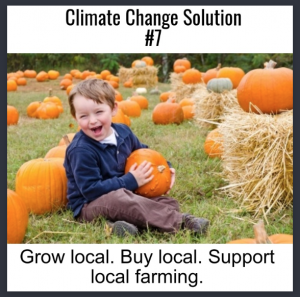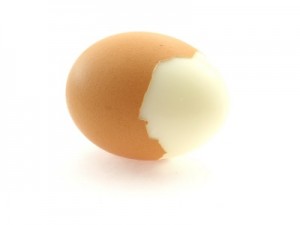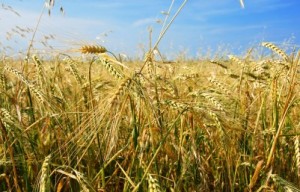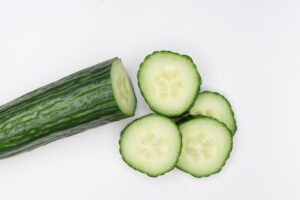
Try to grow your veggies at home.
Whether you live in the country or in an urban area, you can grow your own food and cut your grocery bill down.
Start With Composting
Remember the old saying from ashes to ashes … well, there’s some wisdom here.
Humans need to take a tip from the Earth – Nature recycles EVERYTHING.
NOTHING goes to waste on this magnificent planet. From amebas to insects to mammals, humans are merely one of a plethora of species living on Earth, and when you study Biology and Earth Science, you will learn that NO animal wastes anything.
The carcasses of animals go back into the Earth, restoring nutrients and minerals into the soil, plants decompose and reseed, trees create their own compost and mulch, and even forest fires have a place in the Cycle of Life.
It seems that today, we have forgotten to return to the Earth what we have taken away. So start putting your waste back into the Earth’s natural cycles, and compost.
It’s easy to compost no matter where you live.
Shred or cut your fruits and vegetable wastes into small pieces and throw them onto your lawn. It doesn’t matter if you mow over them – their seeds and fibers will recycle, and they will contribute to a healthy root matrix.
Who knows, one day these seeds may help restore the planet.
Most of you know that I live on a wildlife preserve, and most of you know that I am a college professor teaching Earth Science and have a website teaching ways that we can make our future better for all life on Earth.
My passions are my lifestyle, and I have some tips to share that I use on my wildlife preserve to help you conserve wherever you live – urban or rural.
Country Composting
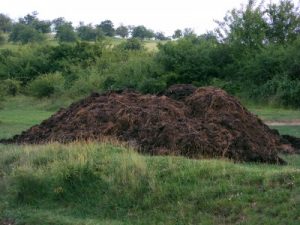
Use compost in your garden as opposed to chemical fertilizers.
Obviously, it is easy to compost in the country. Pick a spot away from your house or barn so the critters will focus on the compost pile as opposed to “sheltered housing.”
In the country, you don’t have to worry about compost bins or containers because the wild animals, insects, snakes, and birds will participate in the composting process.
Include Nature to access your organic food and grass wastes, and this will help decompose them and reseed them. Notice how many butterflies, dragonflies, and bees your compost pile will attract, and encourage these pollinators into your garden.
Urban Composting
If you live in an urban housing development, composting is a little trickier because it can attract raccoons, possums, and skunks. These critters have a tendency to freak-out urbanites, and at the end of the day, these wild little guys get run over or killed.
So building or purchasing a composter that is contained with a lid is recommended.
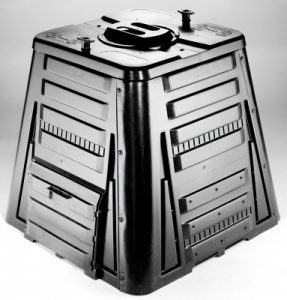
Compost and add organic waste to your home garden.
Be picky when you design or buy a composter for your neighborhood backyard because you want to be able to turn your compost at least once a week. This will accelerate the decomposition process, and you can begin filling your flower beds or patchy bald spots in the grass sooner than later.
Inner-City Composting
If you live in a downtown urban condo, composting is a great way to get to know your neighbors because you can start a garden and compost program on the top of your building or on your terrace. You must have a container for your kitchen waste, and a place to store your compost before it’s ready to use to avoid an insect or rodent problem.
Inner-city composting is really important, though. When programs like this are started in an apartment building community, people can actually start growing their own fruits and vegetables and recycle their waste at the same time.
Neighbors get to know one another, and before you know it, you have access to organic foods, you are saving money, and you actually are giving something back to Nature for very little money.
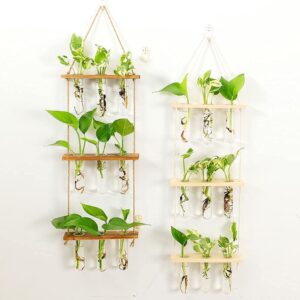
You can grow veggies on your wall or balcony if you live in a condo in an inner city.
The Next Generation
Teaching kids to garden and to compost has HUGE positive outcomes. Just the act of composting teaches children about the Cycles of Nature, and it teaches the differences between organic foods and manufactured, fake GMOS.
Composting gives children something to do besides texting or watching TV. Gardening creates a sense of accomplishment, gets the kids outside, and is cheap entertainment.
Our next generation is facing a manmade food crisis, and when they learn that this crisis really isn’t a crisis at all, the solutions appear right in front of you.
Composting is awesome – try a home garden with no chemicals.
_____________
Disclaimer: This article is for informational purposes only, and is educational in nature. The FDA may not have evaluated some of the statements. This article is not intended to diagnose, treat, cure, or prevent any disease. Please discuss with your own, qualified health care provider before adding supplements or making any changes to your dietary program.
You have our permission to reprint this article if you attribute us with a live back-link to this article and the youtube links. http://www.janethull.com/
